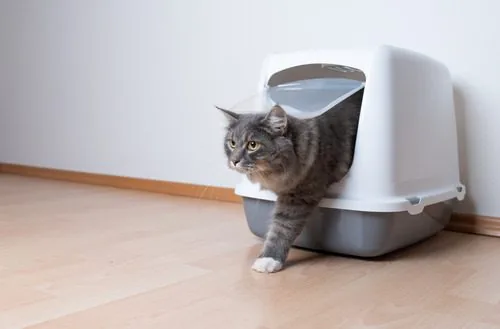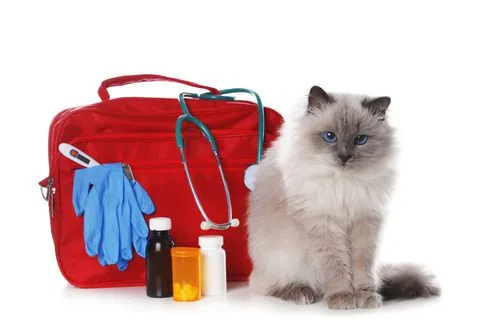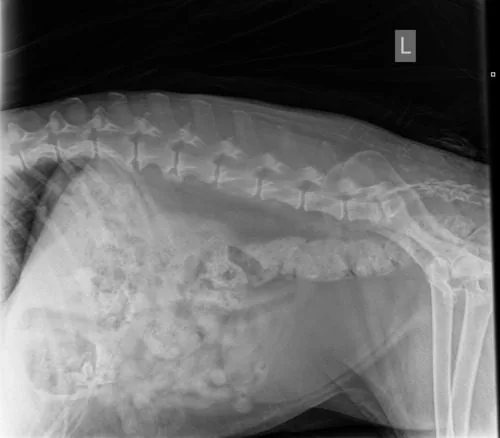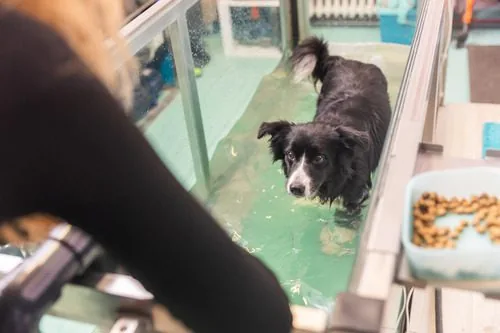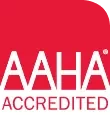BOAS Surgery: Everything You Need to Know About Brachycephalic Airway Surgery in Dogs
Brachycephalic breeds, like Bulldogs, Pugs, and French Bulldogs, capture hearts worldwide with their distinctive flat faces and expressive eyes. However, these charming features often come with a serious health concern: Brachycephalic Obstructive Airway Syndrome (BOAS). If your dog struggles with breathing issues due to BOAS, surgery may be the most effective way to improve their quality of life. This blog will guide you through everything you need to know about BOAS surgery in dogs, helping you make informed decisions about your pet’s health.

What Is BOAS in Dogs?
Brachycephalic Obstructive Airway Syndrome (BOAS) is a condition that affects breeds with short, flat faces. These dogs have anatomical features that can obstruct their airways, leading to breathing difficulties. BOAS in dogs typically involves narrowed nostrils (stenotic nares), an elongated soft palate, everted laryngeal saccules, and in severe cases, a narrowed trachea.
What Are Some Common Symptoms of BOAS?
- Loud Breathing: Dogs with BOAS often exhibit loud breathing, especially during exercise or excitement.
- Snoring: Even while awake, many affected dogs snore due to airway obstruction.
- Exercise Intolerance: Dogs with BOAS may tire quickly and struggle to keep up during walks.
- Gagging or Choking: Some dogs may gag or choke, particularly after drinking water or eating.
- Cyanosis: In severe cases, dogs may show a bluish tint to their gums and tongue, indicating a lack of oxygen.
How Surgery Can Help
BOAS surgery is designed to alleviate the airway obstructions that cause breathing difficulties. The specific procedures involved can vary depending on the severity of the condition and the areas of the airway that are affected.
Surgical Procedures for BOAS
- Stenotic Nares Correction: This procedure widens the dog’s nostrils, allowing for better airflow.
- Soft Palate Resection: An elongated soft palate can block the airway, so trimming it back can help clear the path for air.
- Laryngeal Saccule Removal: Everted laryngeal saccules can obstruct the airway, and their removal can significantly improve breathing.
- Tracheostomy: In extreme cases, a permanent opening is created in the trachea to bypass the obstructed areas.
Helping Your Dog Breathe Easier with Expert Care
Veterinary Healthcare Associates provides an inclusive surgery package tailored for brachycephalic dogs. Led by Dr. Katie Barry, an experienced surgeon dedicated to improving the quality of life for brachycephalic breeds, this package is designed to help your dog breathe more comfortably and enjoy a healthier, happier future. For a single flat fee, the package includes:
- Peri-operative hyperbaric oxygen chamber therapy
- Comprehensive bloodwork
- Chest radiographs
- Stenotic nares surgery
- Elongated soft palate correction
- 24-hour hospitalization
- All required medications during hospitalization and recovery
*Each pet’s needs are unique. Additional fees may apply for care extending beyond the initial 24-hour hospitalization period.
What to Expect Before, During, and After BOAS Surgery
When you bring your dog in to Veterinary Healthcare Associates, our team is here to answer any questions you have to ease your concerns and help you prepare for your pet’s procedure. Here’s what you can expect throughout the process of BOAS surgery.
Pre-Surgery Preparation
Your veterinarian will perform a thorough examination, possibly including imaging studies, to assess the severity of BOAS and plan the surgery. Because brachycephalic breeds are at higher risk under anesthesia, a careful evaluation will be conducted to ensure your dog’s safety during the procedure.
The Surgery Itself
BOAS surgery typically takes one to two hours, depending on the complexity of the case. Our team will continuously monitor your dog’s vitals to ensure their safety throughout the surgery.
After the procedure, your dog will be closely monitored as they recover from anesthesia.
Post-Surgery Care and Recovery
Your dog will likely be kept at the veterinary hospital for a few hours or overnight for observation. When our team is sure that your dog has safely woken up from surgery, we’ll provide you with post-surgery care instructions once you take your pet home. You’ll need to keep your dog calm and restrict their activity to avoid stressing the surgical sites. Regular follow-up visits can help ensure proper healing and monitor for any complications.
Long-Term Outlook for Dogs Post-BOAS Surgery
The long-term outlook for dogs who undergo BOAS surgery is generally positive. Many dogs experience significant improvements in their quality of life, including:
- Better Breathing: Most dogs breathe more easily and comfortably after surgery, especially during physical activity.
- Increased Energy Levels: With improved oxygen intake, many dogs become more energetic and playful.
- Extended Lifespan: By alleviating the stress on their respiratory system, surgery can contribute to a longer, healthier life for your dog.
How to Support Your Dog’s Recovery
Helping your dog recover from BOAS surgery involves ongoing care and attention. Here are some tips to support your pet during this critical period:
- Keep your dog’s activity low for the first few weeks post-surgery to avoid strain on the healing areas.
- Pay close attention to your dog’s breathing patterns and watch for any signs of distress or complications.
- A quiet, stress-free environment aids in a smooth recovery. Reducing exposure to heat and humidity is also beneficial, as these conditions can exacerbate breathing difficulties.
- Adhere to all post-operative instructions from your veterinarian, including medication schedules, dietary changes, and follow-up appointments.
If your dog shows signs of BOAS, consult with your veterinarian to discuss the potential benefits of surgery. Early intervention can make a significant difference in your pet’s quality of life. The team at Veterinary Healthcare Associates is equipped with the expertise and experience to guide you through this process. Contact us at (863) 324-3340 to schedule a consultation and learn more about how we can help your dog breathe easier.
Recent Posts
When is Dog Diarrhea an Emergency?
When is Dog Diarrhea an Emergency? Dog owners know all too well that occasional digestive upset isn’t…
Is Cat Constipation an Emergency?
Is Cat Constipation an Emergency? Cats are often private about their habits, especially when it comes to…
Feline Emergencies: Warning Signs Your Cat is Crying for Help
Feline Emergencies: Warning Signs Your Cat is Crying for Help Cats have a reputation for being independent,…
Spondylosis in Dogs: Symptoms, Treatment, & More
Spondylosis in Dogs: Symptoms, Treatment, & More If your dog is slowing down or showing signs of…
Dog Wobbler Syndrome: Symptoms, Diagnosis, & Treatment
Dog Wobbler Syndrome: Symptoms, Diagnosis, & Treatment Wobbly walking, a stiff neck, or an unsteady gait in…
About Veterinary Healthcare Associates
Veterinary Healthcare Associates in Winter Haven, FL, was established over 30 years ago as Maxwell Animal Clinic by Dr. John Maxwell. Maxwell Animal Clinic was a one-doctor general practice offering preventive care, dentistry, and standard surgical services to the community. As the years passed, Maxwell Animal Clinic evolved into a thriving 10-doctor general, specialty referral, and emergency veterinary practice.


